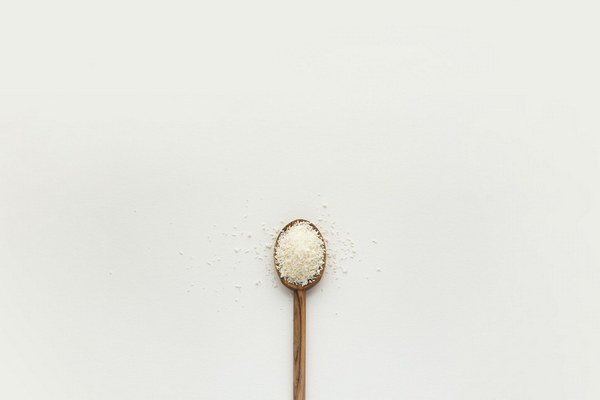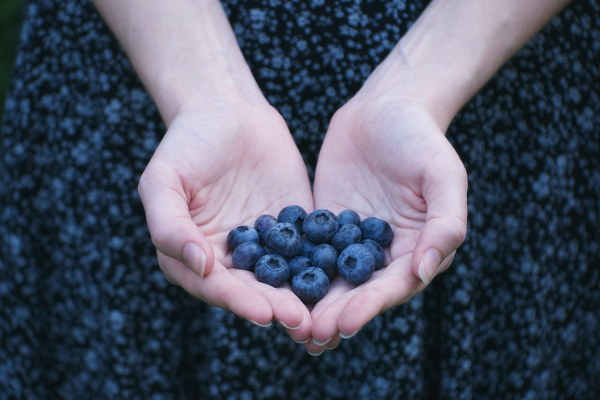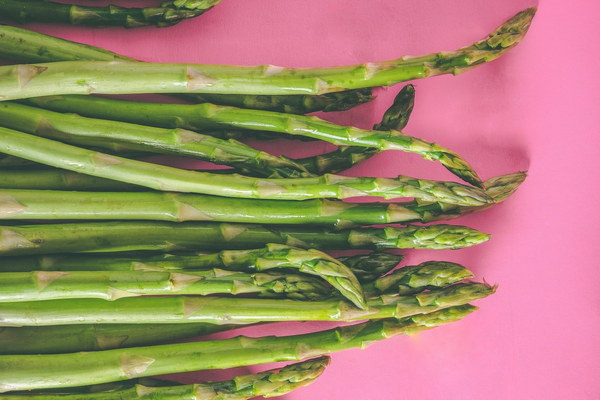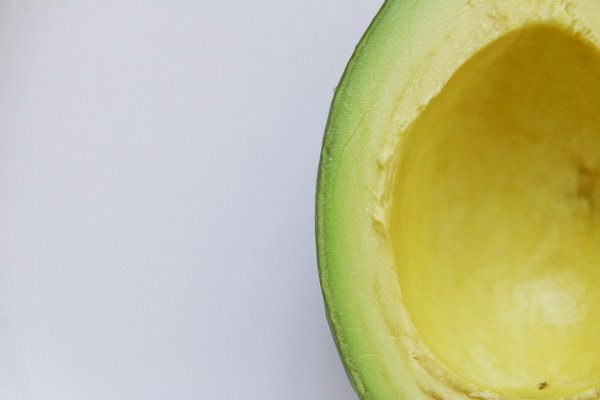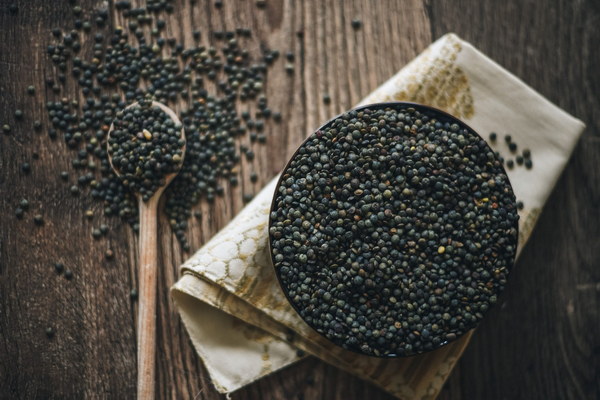Revitalizing Lungs and Eliminating Stagnation The Essence of Qing Fei Hua Ji Therapy
In the realm of traditional Chinese medicine, Qing Fei Hua Ji stands as a profound therapeutic approach designed to purify the lungs and dissolve obstructions. This holistic method addresses not only the physical symptoms but also the underlying imbalances in the body, aiming to restore harmony and vitality. Let's delve into the essence of Qing Fei Hua Ji therapy and its significance in promoting overall well-being.
Understanding Qing Fei Hua Ji
The term Qing Fei translates to purify the lungs, while Hua Ji means dissolve obstructions. Together, Qing Fei Hua Ji therapy focuses on two primary objectives: clearing the lungs of impurities and eliminating any blockages that may hinder the body's natural healing processes.
The lungs, in traditional Chinese medicine, are considered the primary organ responsible for respiration and the exchange of oxygen and carbon dioxide. They are also closely linked to the skin, hair, and the immune system. When the lungs become congested or obstructed, it can lead to a host of respiratory issues, including coughs, colds, bronchitis, and even more serious conditions like asthma and chronic obstructive pulmonary disease (COPD).
The Mechanism of Qing Fei Hua Ji
The therapy involves a combination of herbal remedies, dietary adjustments, and lifestyle modifications. Here’s a closer look at how these elements work together:
1. Herbal Remedies: Traditional Chinese herbs are selected based on their properties and how they interact with the patient's specific constitution. Common herbs used in Qing Fei Hua Ji include Scutellaria baicalensis (Baical Skullcap), Forsythia suspensa (Forsythia), and Platycodon grandiflorus (Hojicha). These herbs are believed to clear heat, resolve phlegm, and enhance lung function.
2. Dietary Adjustments: The diet plays a crucial role in Qing Fei Hua Ji therapy. Foods and drinks that are rich in nutrients but may exacerbate lung congestion, such as dairy products, cold foods, and sugary treats, are often avoided. Instead, patients are encouraged to consume warming, moistening foods that help to expel phlegm and support lung health, such as ginger, onions, and garlic.
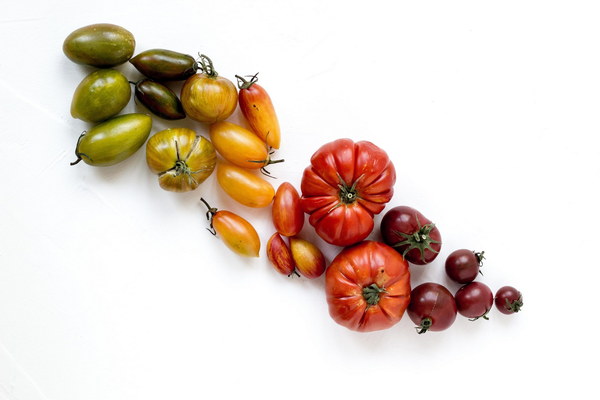
3. Lifestyle Modifications: Lifestyle factors can significantly impact lung health. Regular exercise, adequate rest, and stress management are essential components of Qing Fei Hua Ji. Activities such as tai chi, qigong, and gentle walking are recommended to improve lung capacity and overall physical health.
Benefits of Qing Fei Hua Ji Therapy
The benefits of Qing Fei Hua Ji therapy are multifaceted:
- Improved Lung Function: By clearing the lungs of impurities and obstructions, the therapy can enhance breathing and respiratory function, leading to a reduction in symptoms such as coughing and wheezing.
- Strengthened Immune System: The lungs are closely linked to the immune system. Qing Fei Hua Ji therapy can bolster the body's defenses against respiratory infections and allergies.
- Enhanced Well-being: By addressing the root causes of respiratory issues, the therapy promotes overall well-being and can improve quality of life.
- Holistic Approach: Qing Fei Hua Ji therapy considers the whole person, not just the symptoms, making it a comprehensive approach to health and wellness.
Conclusion
Qing Fei Hua Ji therapy is a time-honored practice in traditional Chinese medicine that offers a holistic and effective solution for respiratory issues. By purifying the lungs and dissolving obstructions, this therapy can lead to significant improvements in lung function and overall health. Whether you are dealing with a mild respiratory condition or seeking to maintain optimal lung health, Qing Fei Hua Ji therapy may be a valuable addition to your wellness regimen.

